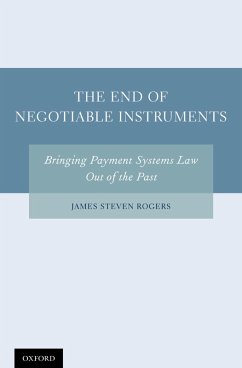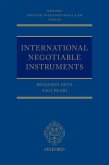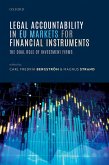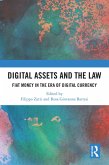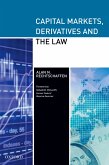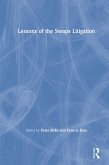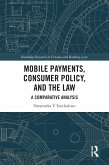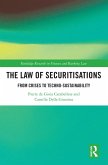In
The End of Negotiable Instruments: Bringing Payment Systems Law Out of the Past, author James Rogers challenges the basic assumptions of the law of checks and notes and its history, and provides a well-reasoned account of how the law could be changed to better suit the evolution of new payment technologies. The modern American law of payment systems is in disarray. Efforts to create a unified body of law for payment systems have so far been unsuccessful. Part of the reason for that failure is the assumption that the existing law works well for the traditional paper-based check system, and that problems have been created only by the evolution of new technologies.
The End of Negotiable Instruments argues that this assumption is unfounded. The basic law of checks is itself anachronistic. There are no other books that undertake a similar analysis--there are legal treatises on the law of checks and notes, but all of them take for granted the basic assumptions challenged in this book. Several articles were published in the late twentieth century concerning the dispute over the application of certain doctrines of traditional negotiable instruments law to modern consumer finance transactions, but none of this literature went on to consider the broader question of whether there is anything worthwhile left in negotiable instruments law.
Dieser Download kann aus rechtlichen Gründen nur mit Rechnungsadresse in A, B, BG, CY, CZ, D, DK, EW, E, FIN, F, GR, HR, H, IRL, I, LT, L, LR, M, NL, PL, P, R, S, SLO, SK ausgeliefert werden.

